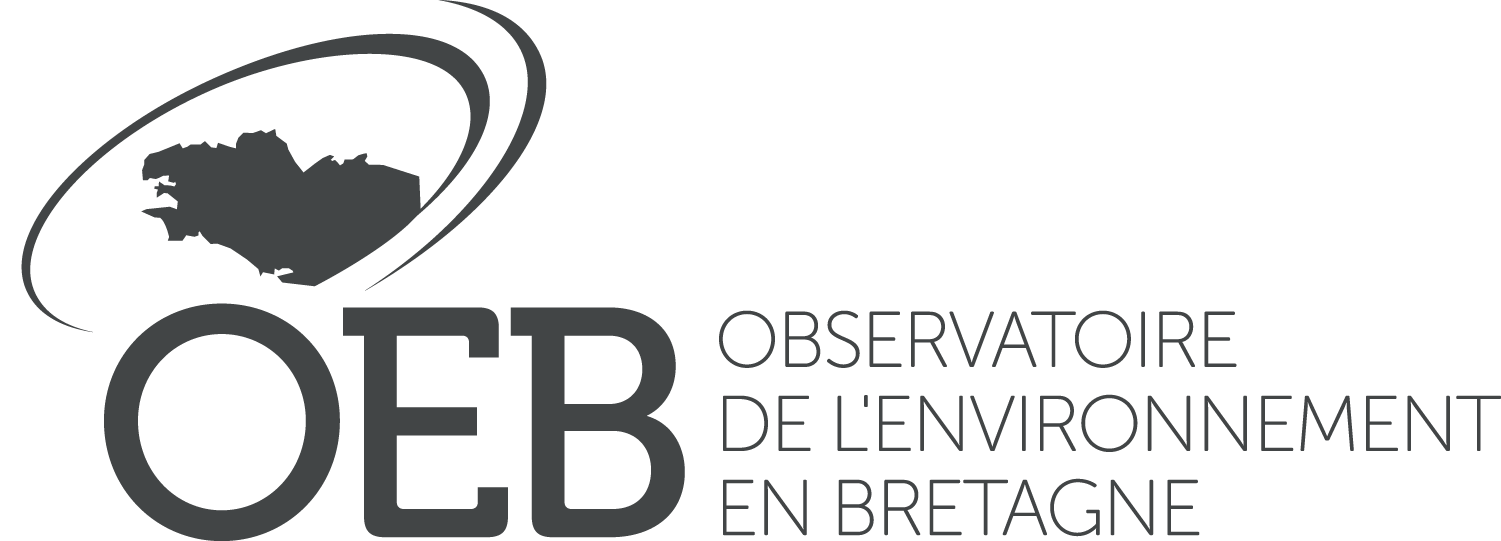© Science Direct "The positive effects of water quality improvement on stream biodiversity in the temperate regions are expected to be at risk with the projected climatic changes. However, the processes and mechanisms behind the predicted threats remain uncertain. From long-term series of benthic invertebrate samples from temperate rivers and streams in France, we analyzed diversity and composition shifts over time in relation to geographic elements and human stressors. Mechanisms for community changes were investigated with a trait-based analysis for the entire dataset and for a selected caddisfly community module. We observed a 42% increase in the taxonomic richness of stream invertebrate communities over the last 25 years. A gradual trend induced by water quality improvement was distinguished from a more abrupt climate change-induced shift in communities around the year 2000. Trophic amplification – the intensification of trophic interactions and pathways through the food web – was identified as the mechanism behind the strong community shift. Four lines of evidence for this trophic amplification are highlighted: (i) higher dissolved oxygen concentrations indicated a shift in primary production, (ii) the trait-based analysis of entire communities showed a bottom-up food web amplification, (iii) the trait-based analysis of the community module evidenced feeding strategy shifts and increased food web interactions, and (iv) the abundance analysis of the community module showed a productivity increase. These results lend credit to persistent investments in water quality for improving stream biodiversity, and contrary to expectation, climate change impacts seem so far to have reinforced these positive effects."
*
© Irstea > Actualités du département Eau du 3 juin 2016 = " La richesse aquatique va-t-elle pâtir face aux changements globaux, gommant ainsi les efforts déployés pour lutter contre la pollution de l’eau ? Dans une synthèse publiée dans la revue scientifique internationale Science of Total Environment [...], une équipe de chercheurs du centre Irstea de Lyon-Villeurbanne révèle une augmentation de 42 % de la richesse des macro-invertébrés benthiques [...] dans les cours d’eau en France métropolitaine entre 1987 et 2012 ! Ces larves d’insectes, mollusques, vers ou crustacés forment un maillon important de la chaîne alimentaire aquatique (réseau trophique) : les poissons, les amphibiens ou encore les oiseaux s’en nourrissent. Leur cycle biologique (évolution, reproduction, etc.) dépend fortement de la qualité de leur milieu et notamment de la température de l’eau. Ils sont aussi utilisés comme bioindicateurs de l’état écologique, en complément de l’état chimique dans le cadre de la Directive-cadre européenne sur l’eau (DCE)."
Long-term changes in temperate stream invertebrate communities reveal a synchronous trophic amplification at the turn of the millennium
Mise à jour :
16 septembre 2016
changement climatique
invertébré
écosystème aquatique
cours d'eau
qualité de l'eau
Lien vers la ressource
Type de document
Publication scientifique
Auteurs personnes
Yves SOUCHON
Prieto-Montes,Marta
Ferréol,Martial
Floury,Mathieu
Van Looy,Kris
Auteurs organismes
Institut national de recherche en sciences et technologies pour l'environnement et l'agriculture
Éditeur
Elsevier
Date de parution
16 septembre 2016
Langue
Anglais
VanLooyFlouryFerreolPietroMontesSouchon16LongTermChangesMacroinvertebratetrophicamplification_(1).pdf
Disponible au format pdf | 1.77 Mo

